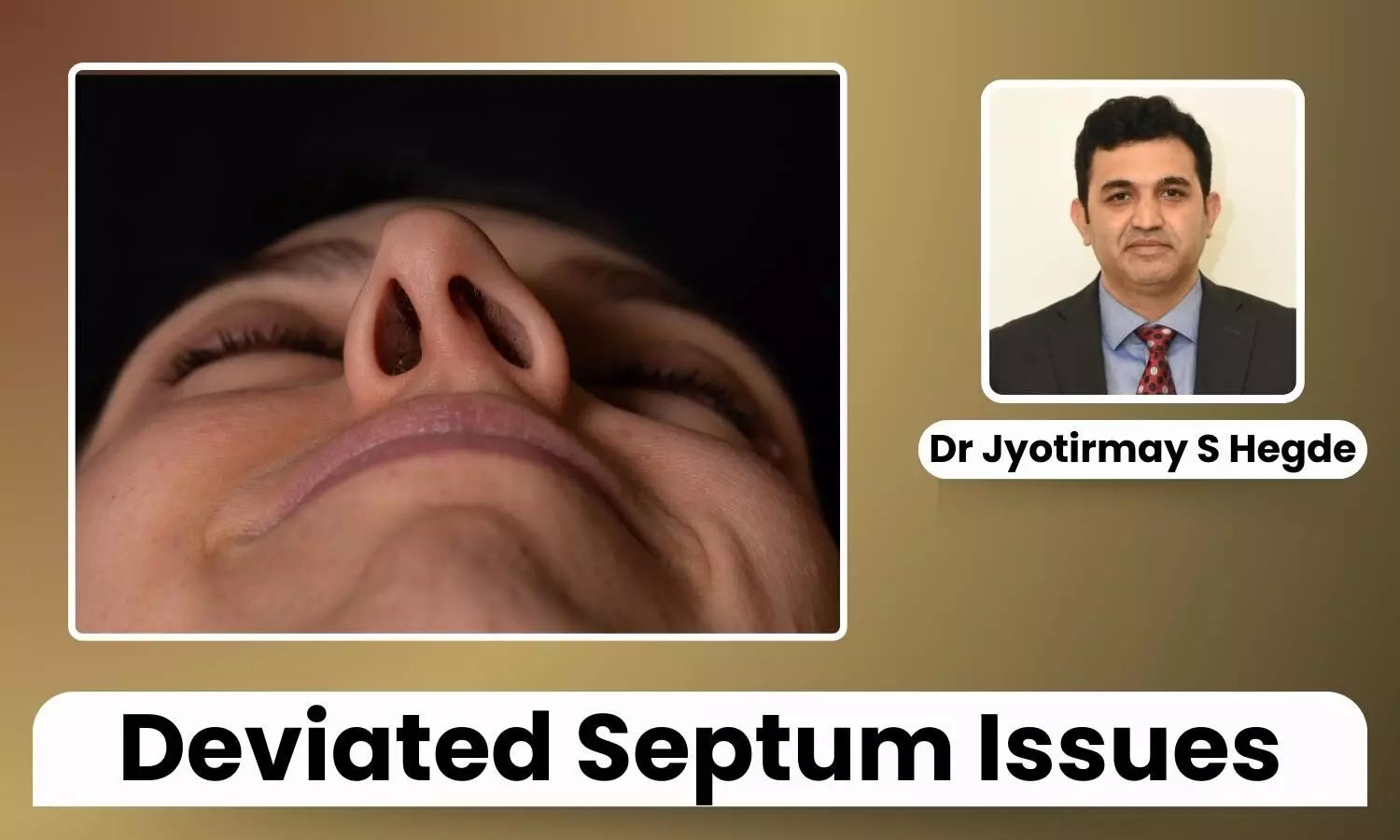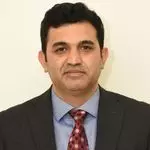Living with Deviated Septum: 8 Impacts You Should Know - Dr Jyotirmay S Hegde

A deviated septum occurs when the thin wall between your nostrils shifts to one side. It can have serious effects beyond being a simple structural issue.
It often brings a range of challenges that disrupt daily life, including sleep disturbances, reduced physical activity and other unexpected impacts.
Let's explore eight ways this condition can significantly affect your lifestyle:
1. Respiratory Issues
A deviated septum might cause partial obstruction of airflow into one or both nostrils and may lead to mouth breathing, which could potentially cause a dry mouth. In the long term, it may exacerbate respiratory issues.
2. Chronic Sinus Infections
With improper drainage of the sinuses, a deviated septum creates the perfect environment for bacteria to thrive. Chronic sinus infections may result in facial pain, nasal drip and constant congestion that can wear down your health and productivity over the long term.
3. Sleeping Disorders
When the nasal pathway is obstructed by a deviated septum, it might cause snoring or even sleep apnoea. These sleep disorders often lead to insomnia, leaving one feeling tired, irritable, and less focused during the day.
In serious cases, undiagnosed sleep apnoea can even cause serious health complications.
4. Loss of Sense of Smell
A deviated septum can bend and obstruct nasal passages, resulting in reduced air flow to olfactory receptors. This reduced ability to smell is also associated with a reduced ability to taste, making food taste less palatable and not appealing.
5. Reduced Physical Activity
This condition can cause breathing difficulties that make running or exercising more difficult. People might not be able to exercise as long or as frequently because they are unable to breathe through their nose.
6. Recurrent Nasal Bleed
The uneven flow of air passing through a deviated nasal septum leads to drying and cracking of nasal membranes, as well as bleeds. Unpredictable and recurring nosebleeds are not just inconvenient but create discomfort along with anxiety.
7. Headache and Facial Pain
Pressure and inflammation from improper drainage of sinuses lead to frequent headaches and facial pain. This often becomes chronic and interferes with daily life, in addition to a decreased ability to focus on other tasks.
8. Voice Changes
The nasal cavity is one of the key parts of voice resonance. A deviated nasal septum might alter the voice, significantly impacting singers or public speakers who rely on their voice professionally.
While the symptoms of a deviated septum can be challenging, there are different methods for managing and even curing the condition.
Mild symptoms can be managed by using a humidifier, nose spray and decongestant to alleviate the discomfort. In more severe cases, treatment should be obtained under the guidance of an ENT specialist.
These range from non-invasive treatments to a surgical procedure known as septoplasty, where the septum is straightened, and proper airflow is restored. This not only helps your breathing but improves the overall quality of life as well.


